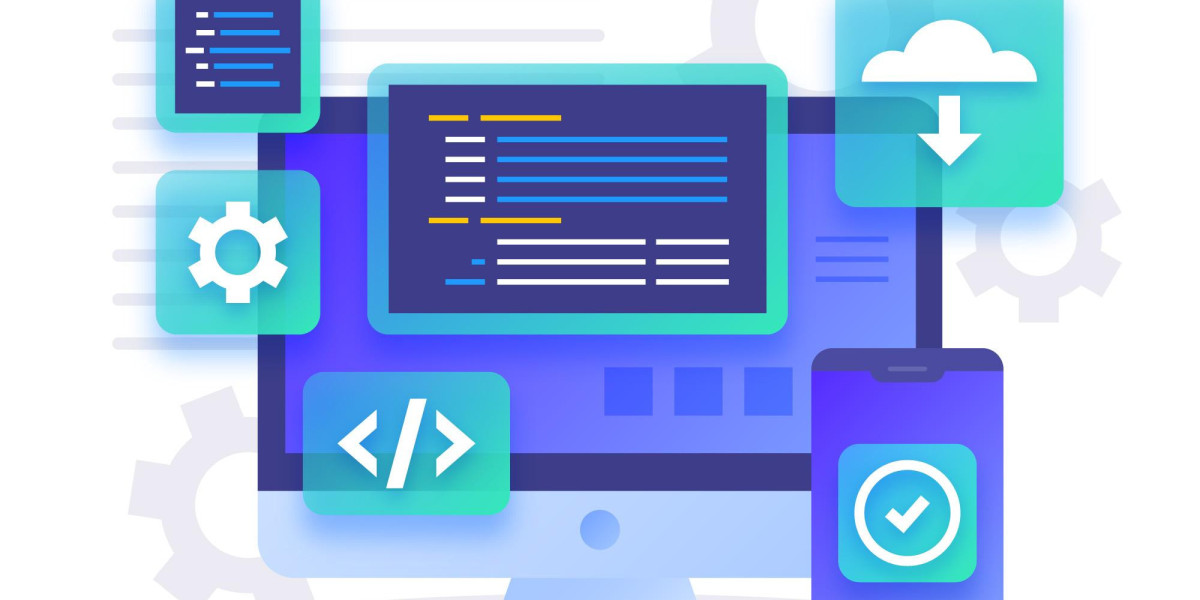Introduction
In an era where technological advancements continually redefine industries, the real estate sector is not exempt from the transformative power of innovation. The integration of Internet of Things (IoT) technologies has emerged as a game-changer, revolutionizing the way properties are managed, operated, and experienced. From enhancing efficiency to providing unprecedented levels of convenience and security, IoT is reshaping the landscape of real estate in profound ways.
Efficient Property Management
One of the primary advantages of IoT in real estate lies in its ability to streamline property management processes. Through interconnected devices and sensors, property managers gain real-time insights into various aspects of building operations. For instance, smart meters can monitor energy consumption, enabling managers to identify inefficiencies and optimize energy usage. Similarly, IoT-enabled HVAC systems can automatically adjust temperatures based on occupancy levels, enhancing comfort while reducing energy costs.
Enhanced Tenant Experience
IoT technology enhances the tenant experience by providing greater convenience and customization. Smart home devices such as thermostats, lighting systems, and security cameras can be integrated into a centralized platform, allowing tenants to control various aspects of their living environment remotely. Moreover, IoT-enabled amenities, such as fitness equipment with built-in tracking capabilities or smart parcel delivery systems, cater to the evolving preferences of modern tenants, thereby increasing satisfaction and retention rates.
Optimized Space Utilization
In commercial real estate, IoT plays a pivotal role in optimizing space utilization and improving workplace productivity. Through occupancy sensors and space utilization analytics, property managers gain insights into how spaces are utilized throughout the day. This data can inform decisions regarding space allocation, layout optimization, and facility management strategies, ultimately maximizing the efficiency of commercial properties.
Predictive Maintenance
IoT facilitates predictive maintenance practices, wherein building systems are monitored in real-time to detect potential issues before they escalate into costly repairs. By deploying sensors to monitor equipment performance and detect anomalies, property managers can schedule maintenance proactively, minimizing downtime and reducing operational disruptions. This proactive approach not only extends the lifespan of building systems but also enhances tenant satisfaction by ensuring uninterrupted service.
Safety and Security
Security is a top priority in real estate, and IoT technology offers advanced solutions to safeguard properties and occupants. Smart surveillance cameras equipped with facial recognition capabilities can enhance security measures while minimizing false alarms. Access control systems integrated with IoT technology enable property managers to remotely grant or revoke access permissions, enhancing control and accountability. Moreover, IoT-enabled fire detection systems can automatically trigger alerts and initiate evacuation procedures in the event of an emergency, potentially saving lives.
Challenges and Considerations
While the benefits of IoT in real estate are undeniable, there are challenges and considerations that stakeholders must address. Privacy concerns regarding the collection and use of tenant data require careful consideration and robust privacy policies. Additionally, interoperability issues may arise due to the proliferation of IoT devices from different manufacturers, necessitating standardized protocols and integration frameworks.
Furthermore, cybersecurity threats pose a significant risk, as interconnected devices create potential entry points for malicious actors. Implementing robust cybersecurity measures, such as encryption, authentication, and regular security audits, is essential to mitigate these risks and ensure the integrity of IoT systems.
Conclusion
As technology continues to evolve, IoT is poised to revolutionize the real estate industry, offering unprecedented levels of efficiency, convenience, and security. From optimizing property management processes to enhancing the tenant experience, the integration of IoT technologies unlocks new possibilities for stakeholders across the real estate value chain. By embracing IoT and addressing associated challenges, the industry can harness the full potential of technology to create smarter, safer, and more sustainable built environments for the future.















